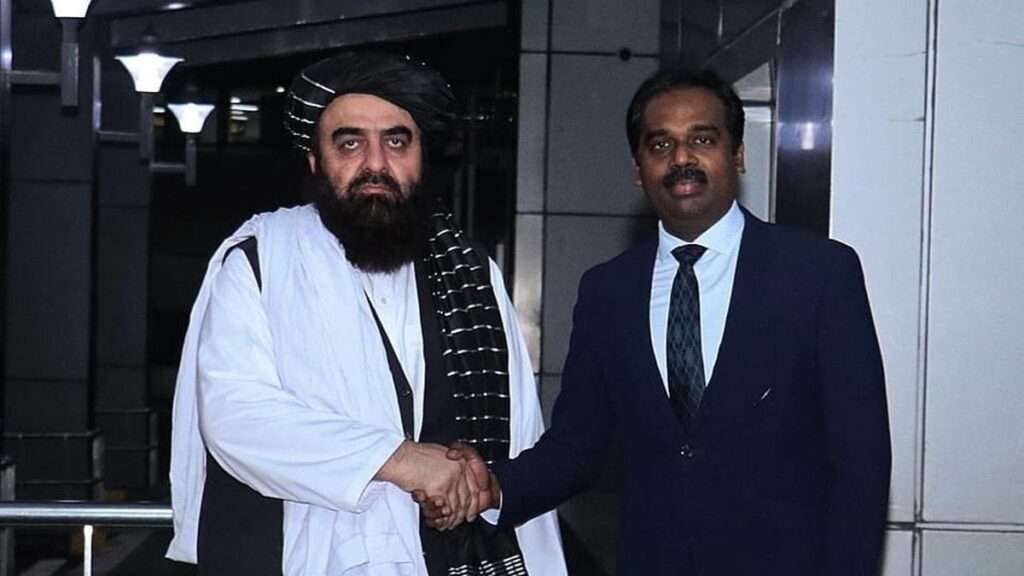Pakistan has launched a series of air and ground strikes on suspected Taliban hideouts in Khyber Pakhtunkhwa’s Orakzai region, killing nearly thirty militants believed to be behind a recent attack on a military convoy near the Afghan border. The timing of the operation coinciding with Afghan Foreign Minister Amir Khan Muttaqi’s visit to India has heightened regional unease and revived questions over cross-border militancy.
Islamabad described the operation as a defensive measure against the Tehreek-e-Taliban Pakistan (TTP), while Kabul accused Pakistan of violating its sovereignty, reporting explosions in border provinces and parts of Kabul city. The Taliban government denounced the action as “cross-border aggression,” deepening the mistrust that has marked relations since the regime’s return to power in 2021. During meetings in New Delhi, Muttaqi assured that Afghan territory would not be used against any country; an indirect response to Pakistan’s repeated allegations of militant sanctuaries inside Afghanistan. For India, his visit reflected cautious engagement, balancing security interests with humanitarian and economic cooperation. The strikes underline Pakistan’s growing frustration with Kabul’s inability or unwillingness to curb anti-Pakistan groups. As India reopens diplomatic channels and Pakistan tightens its border posture, South Asia’s security equilibrium once again teeters between fragile dialogue and renewed confrontation.

